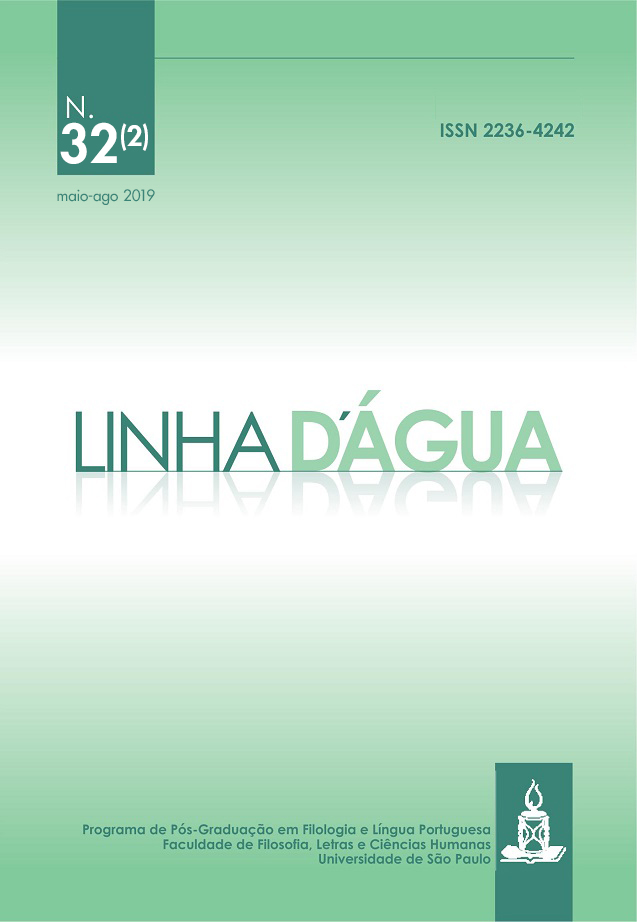The Portuguese Language in the Timorese Multilingual Context
Between Staying and Leaving
DOI:
https://doi.org/10.11606/issn.2236-4242.v32i2p87-106Keywords:
Lusophone Studies, East Timor, Language PolicyAbstract
East-Timor, a young Southeast Asian country that was recognized by its independence at the beginning of the 21st century, after 400 years of Portuguese colonialism and 24 years of Indonesian invasion, is a true linguistic mosaic. This way, we find an “endogenous multilingualism” (CAVALLI et al., 2009), the result of ambulation and miscegenation in that space and an “exogenous multilingualism” (CAVALLI et al., 2009), as a result of the openness of society to diversity, as well as of the interests regarding various economic interests, and, in the sequence, as a consequence of historical-political processes. Currently, The Portuguese Language is one of the co-official languages of that young country after being banned during the Indonesian occupation. In this article, we discuss the relations between the Portuguese and other languages that circulate in that territory, both from the point of view of linguistic policy and from a more personal perspective, within the context of the subjects’ representations. For this purpose, we will use, partly, the study by Soares (2014), based on collected data in the area in 2010, as well as official and unofficial written sources regarding the languages in question.
Downloads
Downloads
Published
Issue
Section
License
The Editorial Board authorizes free access to and distribution of published contentes, provided that the source is cited, that is, granding credit to the authors and Linha D'Água and preserving the full text. The author is allowed to place the final version (postprint / editor’s PDF) in an institutional/thematic repositor or personal page (site, blog), immediately after publication, provided that it is available for open access and comes without any embargo period. Full reference should be made to the first publication in Linha D'Água. Access to the paper should at least be aligned with the access the journal offers.
As a legal entity, the University of São Paulo at Ribeirão Preto School of Philosophy, Sciences and Languages owns and holds the copyright deriving from the publication. To use the papers, Paidéia adopts the Creative Commons Licence, CC BY-NC non-commercial attribution. This licence permits access, download, print, share, reuse and distribution of papers, provided that this is for non-commercial use and that the source is cited, giving due authorship credit to Linha D'Água. In these cases, neither authors nor editors need any permission.
Partial reproduction of other publications
Citations of more than 500 words, reproductions of one or more figures, tables or other illustrions should be accompanied by written permission from the copyright owner of the original work with a view to reproduction in Linha D'Água. This permission has to be addressed to the author of the submitted manuscript. Secondarily obtained rights will not be transferred under any circumstance.










